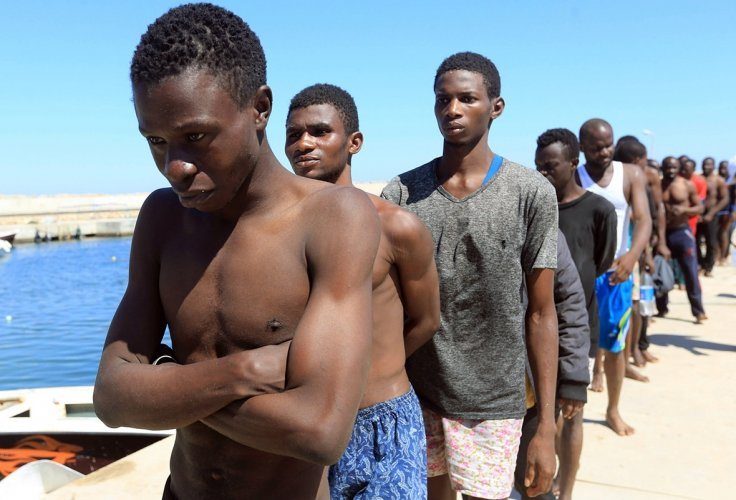Monday Briefing | November 20


Stories to Follow
The end of an era in Zimbabwe: Zimbabwe has become synonymous with the strong man who has ruled it for 37 years, Robert Mugabe. Though today he is perhaps better known more for his bungling of economic policy—and the unparalleled inflation and brain drain it prompted—he is also suspected to have committed much graver crimes. Namely, the murder of approximately 20,000 civilians in the early 1980s in an effort to eliminate all opposition.
Earlier this month, Mugabe fired a deputy who was beloved by the party. Most analysts saw this as a move towards ensuring that his wife, Grace Mugabe, would eventually succeed him. The military stepped in but insisted that they were not staging a coup. And on Saturday, November 18, most of the residents of the Zimbabwean capital of Harare, poured into the streets in what was the first protest of its kind in the country’s history. On Sunday, the party kicked Mugabe out and that evening, he was expected to announce his resignation on TV. Except, he didn’t. Party leadership has given him until noon on Monday to do so. And while it’s natural to celebrate the prospect of his departure, his replacement may not be much better. Check out this analysis of what might come next from The Atlantic.
Footage from a 21st century slave auction: CNN released shocking footage this week from a modern-day slave auction in Libya. The videos, recorded by journalists using concealed cameras, showed a dozen people getting auctioned for about $400 each. Those being sold were migrants from sub-Saharan Africa trying to get to Europe. A tightening of security in the Mediterranean means that fewer boats are setting sail, leaving thousands of people stranded in Libya and smugglers to devise new ways of profiting off their plight. Protesters flocked to the Libyan embassy in Paris on Saturday, while the African Union condemned the footage and demanded an investigation.
The start of a free speech trial: Here in the US, 2017 has been a year for protest. Just last week, GQ named Colin Kapernick its Citizen of the Year while marches by scientists, women, neo-Nazis and anti-Nazis have dominated news cycles. But this all kicked off with the inauguration, when thousands of anti-Trump protesters descended on Washington, D.C., marching in the streets and damaging property along the way. Police arrested 234 people, many of whom now face felony rioting charges. Today, the first batch of six cases goes to trial before Judge Lynn Leibovitz in the D.C. Superior Court. The case is expected to run through December, and will explore questions related to the line between free speech and rioting.
Happening This Week
America & Iraq: One Diplomat’s Reflections | Tuesday, November 21st, 12:30pm ,19 University Place, Great Room
NYU Professor Daniel Benaim will host an off-the record conversation with veteran US diplomat Kris Clark. Clark recently returned from Baghdad, where he served as a political officer and worked on defeat-ISIS policy, the provision of humanitarian assistance, and preparation for post-ISIS stabilization. The event is open to the NYU community and guests. Pizza will be served.
Being a Minority Journalist in the Age of Trump | From Monday, November 27th, 6:00 pm
Arthur L. Carter Journalism Institute, 7th Floor Commons, 20 Cooper Square
NYU Professor Mohamad Bazzi will moderate a conversation between Jim Acosta, senior CNN White House correspondent and Sabrina Siddiqui, a political reporter for Guardian US on how they maintain their objectivity in the current political climate.
In Your Free Time
Two and a half years ago, Robert Mugabe fell down. Literally. He was totally fine afterwards, but the whole thing was captured by an AP photographer and quickly made its way onto the internet. And of course, the good people of the internet did what they do best—they turned it into a meme. Now seems like a good time to revisit some of the best ones.
This week’s Monday Briefing is brought to you by Ayenat Mersie.


